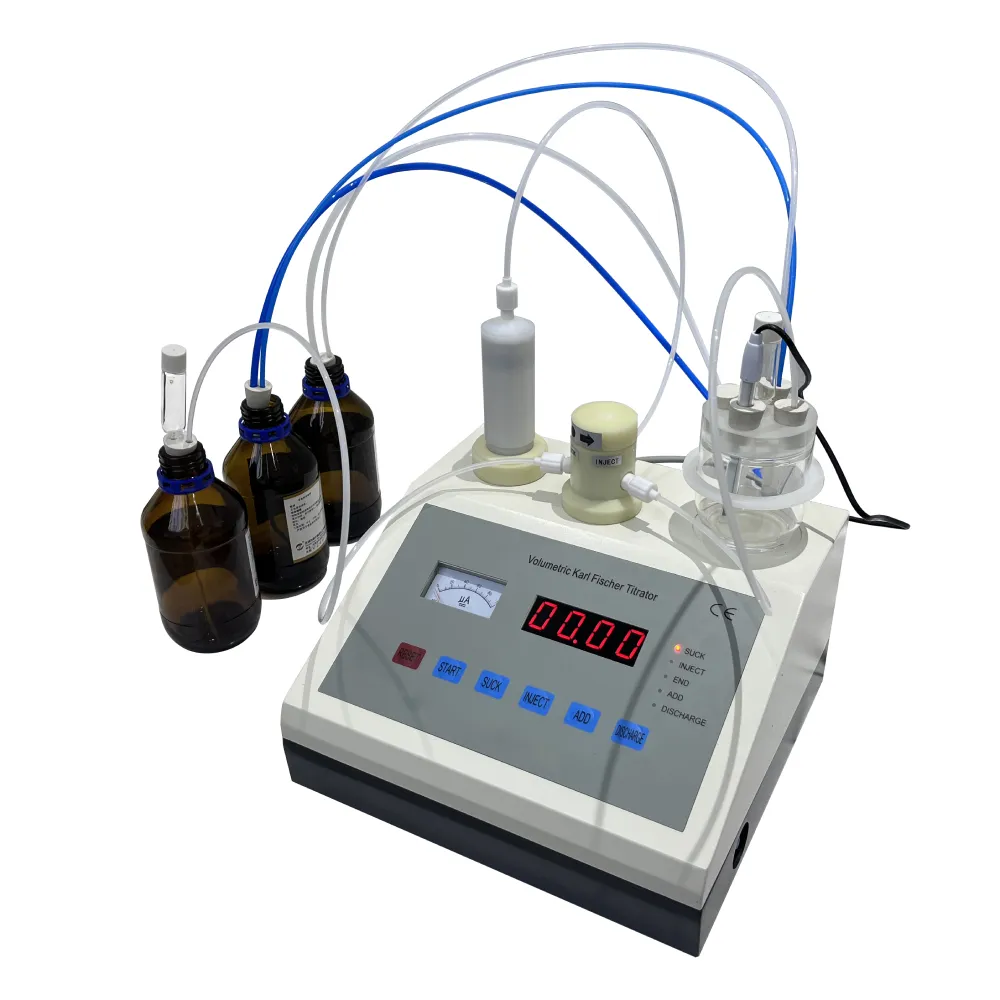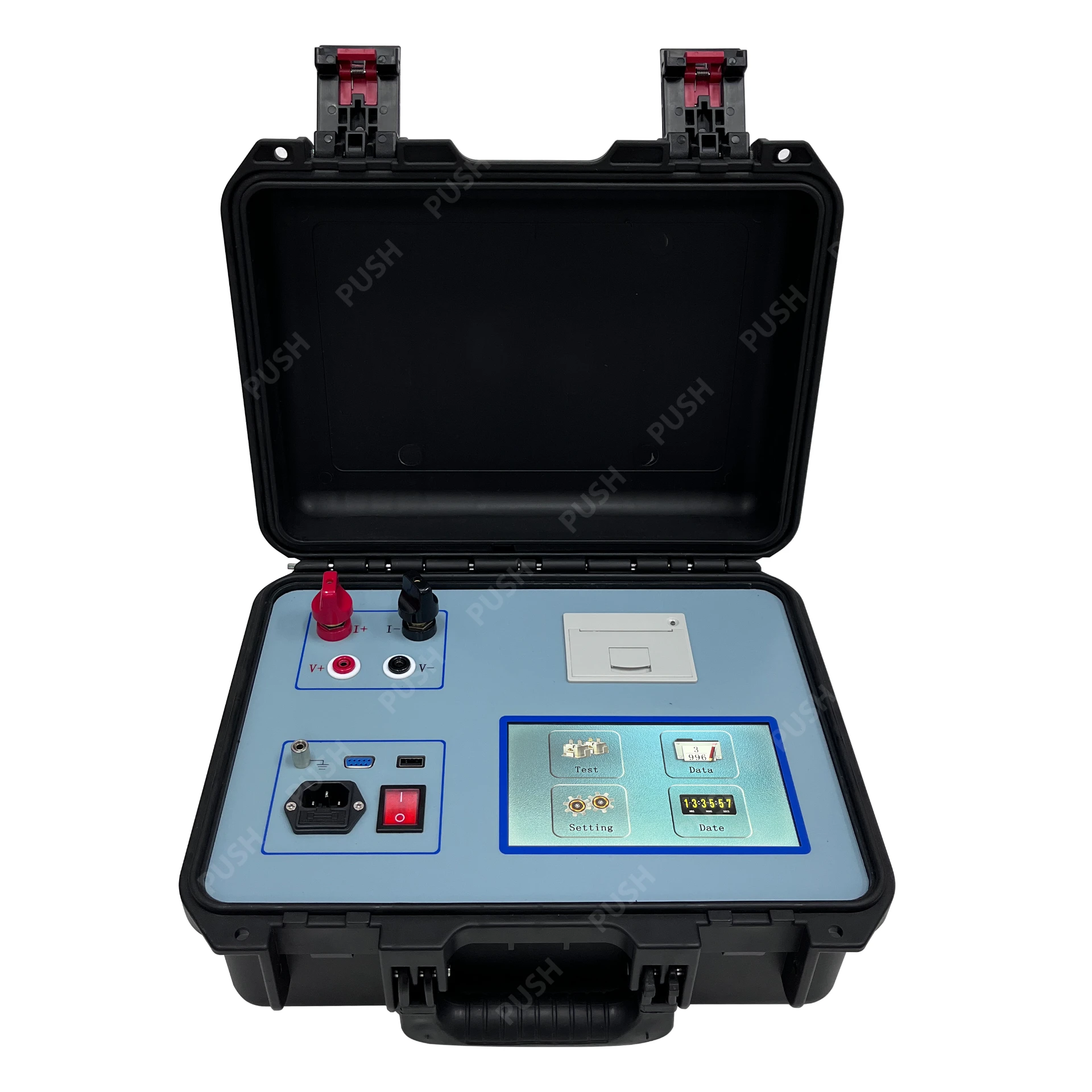TEL:
+86-0312-3189593
 English
English

Telephone:0312-3189593

Email:sales@oil-tester.com

-
 Afrikaans
Afrikaans -
 Albanian
Albanian -
 Amharic
Amharic -
 Arabic
Arabic -
 Armenian
Armenian -
 Azerbaijani
Azerbaijani -
 Basque
Basque -
 Belarusian
Belarusian -
 Bengali
Bengali -
 Bosnian
Bosnian -
 Bulgarian
Bulgarian -
 Catalan
Catalan -
 Cebuano
Cebuano -
 China
China -
 China (Taiwan)
China (Taiwan) -
 Corsican
Corsican -
 Croatian
Croatian -
 Czech
Czech -
 Danish
Danish -
 Dutch
Dutch -
 English
English -
 Esperanto
Esperanto -
 Estonian
Estonian -
 Finnish
Finnish -
 French
French -
 Frisian
Frisian -
 Galician
Galician -
 Georgian
Georgian -
 German
German -
 Greek
Greek -
 Gujarati
Gujarati -
 Haitian Creole
Haitian Creole -
 hausa
hausa -
 hawaiian
hawaiian -
 Hebrew
Hebrew -
 Hindi
Hindi -
 Miao
Miao -
 Hungarian
Hungarian -
 Icelandic
Icelandic -
 igbo
igbo -
 Indonesian
Indonesian -
 irish
irish -
 Italian
Italian -
 Japanese
Japanese -
 Javanese
Javanese -
 Kannada
Kannada -
 kazakh
kazakh -
 Khmer
Khmer -
 Rwandese
Rwandese -
 Korean
Korean -
 Kurdish
Kurdish -
 Kyrgyz
Kyrgyz -
 Lao
Lao -
 Latin
Latin -
 Latvian
Latvian -
 Lithuanian
Lithuanian -
 Luxembourgish
Luxembourgish -
 Macedonian
Macedonian -
 Malgashi
Malgashi -
 Malay
Malay -
 Malayalam
Malayalam -
 Maltese
Maltese -
 Maori
Maori -
 Marathi
Marathi -
 Mongolian
Mongolian -
 Myanmar
Myanmar -
 Nepali
Nepali -
 Norwegian
Norwegian -
 Norwegian
Norwegian -
 Occitan
Occitan -
 Pashto
Pashto -
 Persian
Persian -
 Polish
Polish -
 Portuguese
Portuguese -
 Punjabi
Punjabi -
 Romanian
Romanian -
 Russian
Russian -
 Samoan
Samoan -
 Scottish Gaelic
Scottish Gaelic -
 Serbian
Serbian -
 Sesotho
Sesotho -
 Shona
Shona -
 Sindhi
Sindhi -
 Sinhala
Sinhala -
 Slovak
Slovak -
 Slovenian
Slovenian -
 Somali
Somali -
 Spanish
Spanish -
 Sundanese
Sundanese -
 Swahili
Swahili -
 Swedish
Swedish -
 Tagalog
Tagalog -
 Tajik
Tajik -
 Tamil
Tamil -
 Tatar
Tatar -
 Telugu
Telugu -
 Thai
Thai -
 Turkish
Turkish -
 Turkmen
Turkmen -
 Ukrainian
Ukrainian -
 Urdu
Urdu -
 Uighur
Uighur -
 Uzbek
Uzbek -
 Vietnamese
Vietnamese -
 Welsh
Welsh -
 Bantu
Bantu -
 Yiddish
Yiddish -
 Yoruba
Yoruba -
 Zulu
Zulu
កុម្ភៈ . 14, 2025 20:30
Back to list
Transformer insulation oil breakdown voltage tester bdv
Maintaining the optimal performance of transformers is crucial for the consistent delivery of electrical power. Transformer oil not only serves as an insulator but also helps in dissipating the heat generated by transformers during operation. Thus, regular transformer oil checks are imperative to ensure efficiency, longevity, and safety.
Consistency in transformer oil checks shields against unexpected repairs and replacements. The comparative analysis of historical data with current results can reveal subtle trends unnoticed without monitoring. Such data analytics forms the foundation of condition-based maintenance strategies. Knowledge about the types of oil used in transformers is also valuable. Mineral oil is prevalent, yet alternatives like silicone and synthetic esters are gaining acceptance due to their superior thermal performance and reduced environmental risks. An expert understanding of different oils enables you to make informed decisions when selecting or replacing transformer oil. Practically, oil checks entail specialized equipment and skilled technicians. Working with professionals experienced in transformer oil testing ensures accurate assessments, aligning results with international standards like IEC and IEEE. The credibility of testing labs and their adherence to stringent protocols amplify the reliability of oil check outcomes. Embracing an authoritative perspective, transformer oil checks must be treated as non-negotiable within the operational schedule of power-reliant industries. Regular oil health check-ups, coupled with appropriate corrective actions, fortify transformers against inevitable wear and tear. Additionally, a reputation for meticulous maintenance elevates industry standing, fostering trust among stakeholders. Intertwining experience, expertise, authoritativeness, and trustworthiness, anticipate future challenges through rigorous transformer oil checks. Proactive management rather than reactive measures reduces operational risks and financial losses. A nuanced understanding of oil checks roots from both empirical experience and comprehensive expertise. Through methodical evaluation and decisive action, extend the productive life of transformers significantly, underscoring the essence of reliability in power distribution.


Consistency in transformer oil checks shields against unexpected repairs and replacements. The comparative analysis of historical data with current results can reveal subtle trends unnoticed without monitoring. Such data analytics forms the foundation of condition-based maintenance strategies. Knowledge about the types of oil used in transformers is also valuable. Mineral oil is prevalent, yet alternatives like silicone and synthetic esters are gaining acceptance due to their superior thermal performance and reduced environmental risks. An expert understanding of different oils enables you to make informed decisions when selecting or replacing transformer oil. Practically, oil checks entail specialized equipment and skilled technicians. Working with professionals experienced in transformer oil testing ensures accurate assessments, aligning results with international standards like IEC and IEEE. The credibility of testing labs and their adherence to stringent protocols amplify the reliability of oil check outcomes. Embracing an authoritative perspective, transformer oil checks must be treated as non-negotiable within the operational schedule of power-reliant industries. Regular oil health check-ups, coupled with appropriate corrective actions, fortify transformers against inevitable wear and tear. Additionally, a reputation for meticulous maintenance elevates industry standing, fostering trust among stakeholders. Intertwining experience, expertise, authoritativeness, and trustworthiness, anticipate future challenges through rigorous transformer oil checks. Proactive management rather than reactive measures reduces operational risks and financial losses. A nuanced understanding of oil checks roots from both empirical experience and comprehensive expertise. Through methodical evaluation and decisive action, extend the productive life of transformers significantly, underscoring the essence of reliability in power distribution.
Latest news
-
Testing Equipment Industry Sees Major Advancements in 2025: Smart & Precision Technologies Lead the WayNewsJun.06,2025
-
Applications of Direct Current Generators in Renewable Energy SystemsNewsJun.05,2025
-
Hipot Tester Calibration and Accuracy GuidelinesNewsJun.05,2025
-
Digital Circuit Breaker Analyzer Features and BenefitsNewsJun.05,2025
-
Benefits of Real-Time Power Quality Monitoring Devices for Industrial EfficiencyNewsJun.05,2025
-
Earth Fault Loop Testing in High-Rise Building Electrical SystemsNewsJun.05,2025



